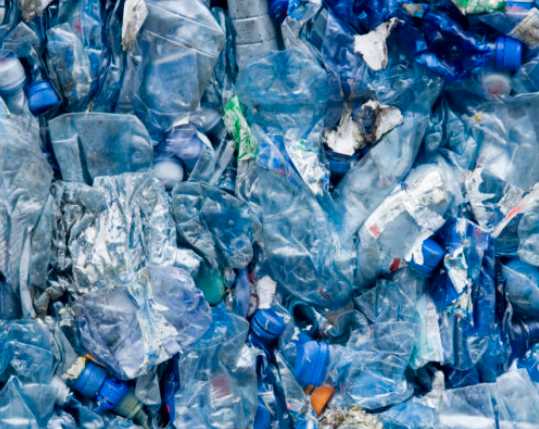In a 4 to 2 vote, the Homer City Council banned the businesses in the city from giving out disposable plastic bags to their customers if they are less than 2.25 millimeters thick.
Bags under 2.25 mils thick are the bags that grocery stores generally put customers goods into. The only exceptions are bags given out for baked goods, nuts, grains, etc.
Although Homer hasn’t traditionally had a problem with plastic bag pollution, concerns of future pollution on land and in the water spurred the decision to ban them on Monday.
Homer now joins a very short list of cities in Alaska that bans the distribution of thin plastic bags. The ordinance goes into affect on January 1st, 2013.
The fine for not complying to the ordinance is $50. It is unsure in what configuration that fine would take place, whether it will be per bag, per instance or per day. It is also unknown how the City of Homer will enforce the plastic bag ban.
Whether the city of Homer will see any benefit from the ban is arguable, and environmental costs of producing and recycling plastic bags versus paper bags has had a long discussion.
|
|
In a Society of Plastics Study, Safeway plastic bags exhaust 594 BTUs to produce as compared to 2511 BTUs to make a paper bag. Add to that the deforestation that paper bags contribute to as well as the toxic waste that is generated by production of paper bags. Paper sacks generate more than 70% more air and 50 times more water pollution to produce a paper bag than it does a plastic one.
Recycling costs are on the side of plastic as well. The recycling of paper consumes over 90% more energy to recycle.
Transportation costs of paper are much higher, as paper weighs more and has much more mass, this translates into more trips and more fuel consumed in a situation like Homer that has a transfer station waste system.
Safeway, Homer’s largest grocery retailer, currently has a recycling program in place for their plastic bags.
The first reading of the ordinance was adopted without discussion on July 23rd. It passed on Monday.





